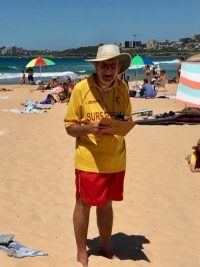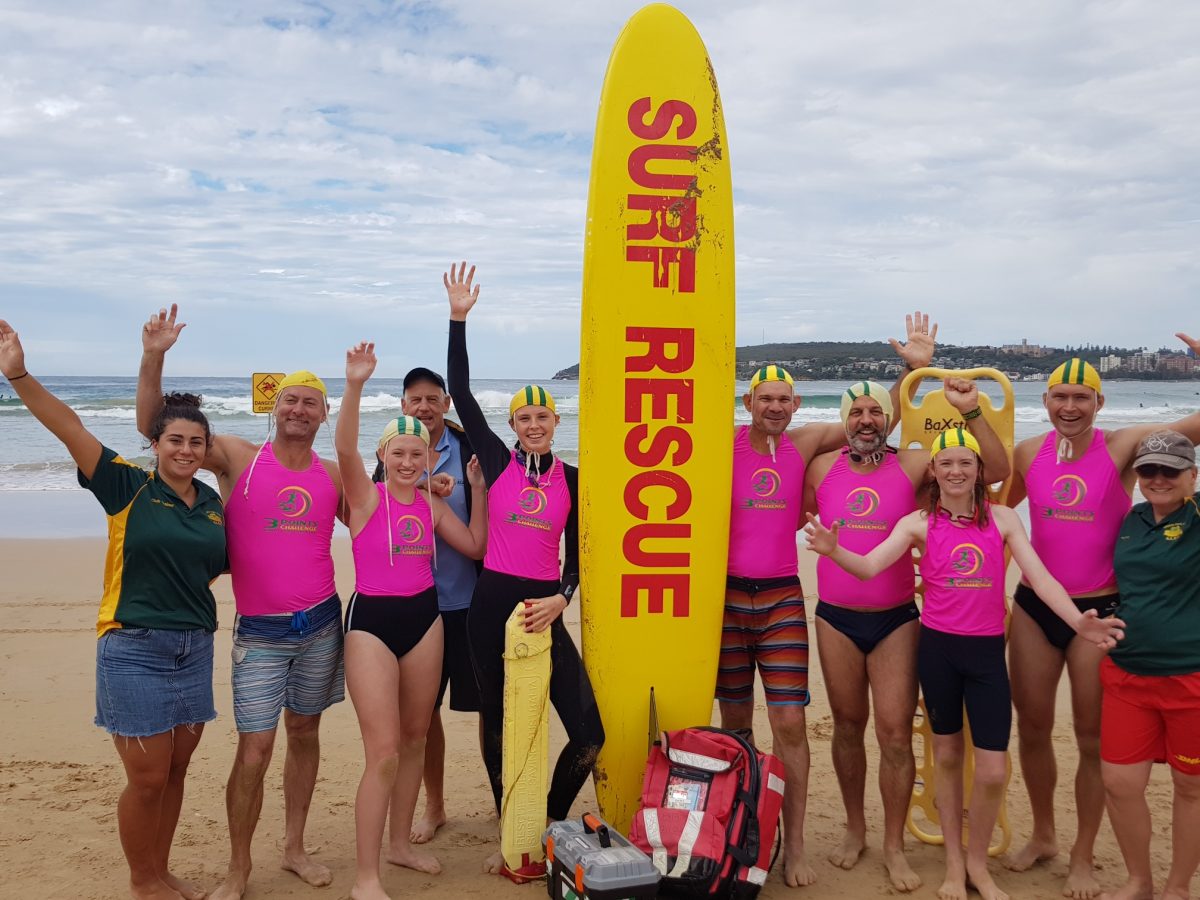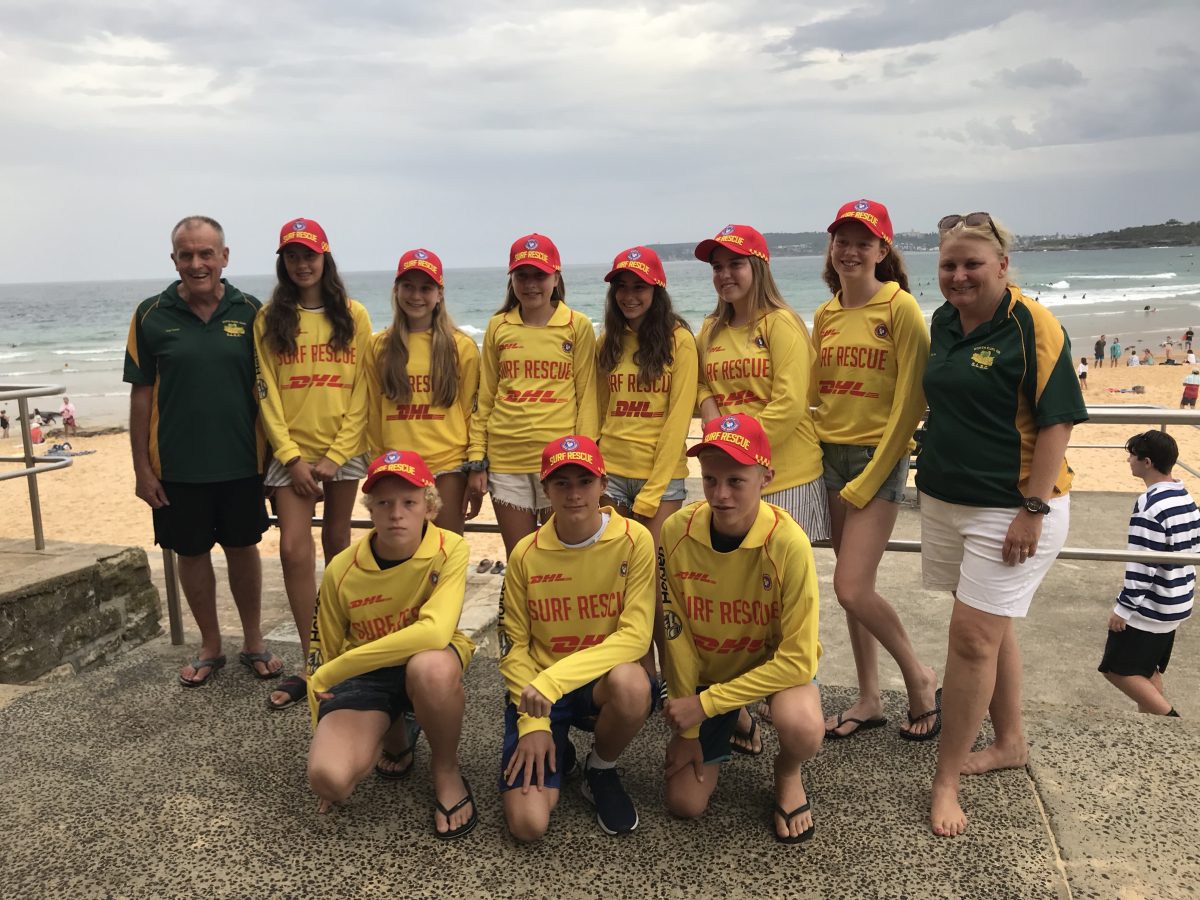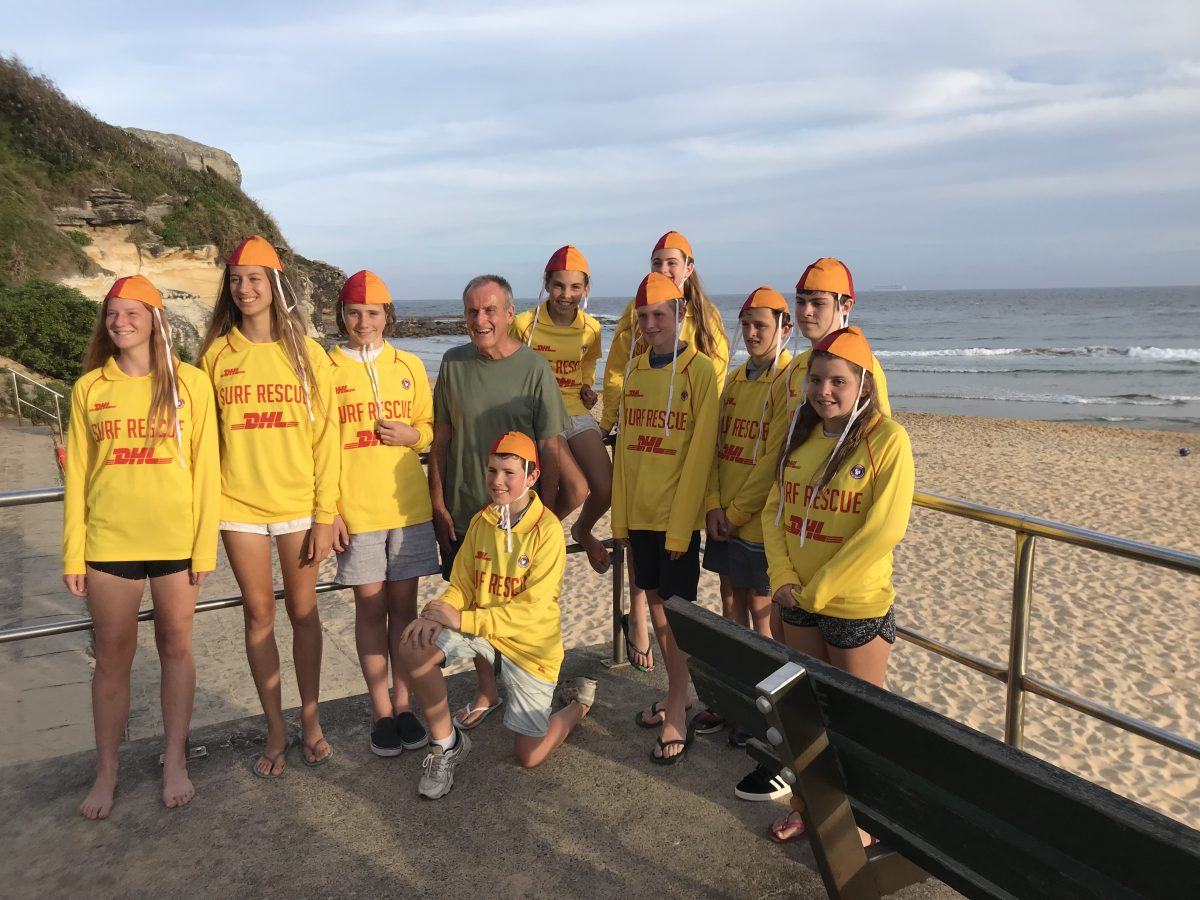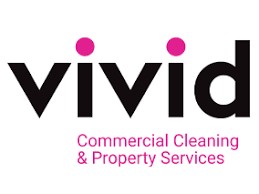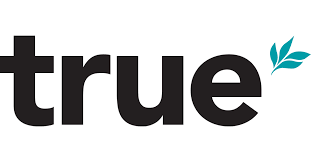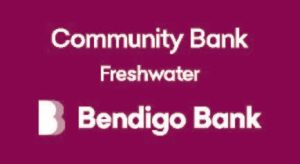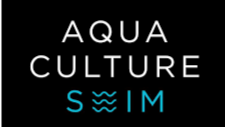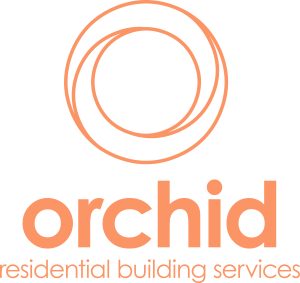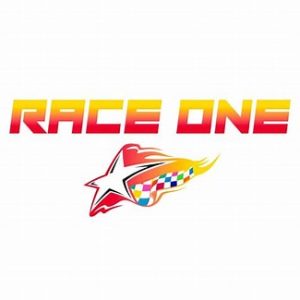TRAINING AT NORTH CURL CURL SLSC
North Curl Curl Surf Life Saving Club regularly runs training courses for the general public, as well as club members. This is an ideal opportunity to be trained in the skills required to be Life Savers and workplace safety officers. Check the Training Calendar on this page for upcoming courses, or contact the club for more information.
The following is a guide to all courses available:
- Basic Resuscitation (10-13 years) a great introduction to life saving techniques
- Surf Rescue Certificates (14 years) necessary to compete at State Championships
- Bronze Medallion (15 years) internationally recognized
- Advanced Resuscitation Techniques Certificate Expert techniques
- Senior First Aid Certificate Workplace accreditation
- Radio Operators Certificate Proficiency plus
- Advanced Life Saving Certificate (Gold Medallion) Lifeguard status
- IRB Driver Certificate Surf license required
- IRB Crewman Certificate Bronze medallion required.
For any queries on training at North Curl Curl Surf Life Saving Club, please send an email to education@nccslsc.com.au
UPCOMING COURSES
For expressions of interest in any of the surf life saving courses from new and current members of North Curl Curl Surf Life Saving Club, please complete our expression of interest form Expression of Interest Form – North Curl Curl Surf Life Saving Club (nccslsc.com.au)
Skills Maintenance
Please do not forget to complete the skills maintenance theory & assessment component online via the eLearning page on your member portal.
For season 2023/2024, proficiencies will be able to be booked in through your members portal.
For reserve and non-patrolling award holders we ran a booking system, similar to the previous year.
The following summarises the key points for Skills Maintenance Season 2021/2022 from (Circular 77/22-23)
Theory Component
Members are required to complete the skills maintenance theory component online as assessment marking and record keeping is automated The member will need to watch a video and then answer questions relating to the content in the video. The online course has been bulk assigned to each member, as such you will have received an email with the appropriate link on, or around1 September.
The information below outlines the practical requirements of each SLSA award for skills maintenance. Training resources that support SLSA awards are located in the SLSA Members Area Document Library. Members are encouraged to review these prior to commencing the patrolling season.
Aquatic Rescue Pathway Awards
- Resuscitation (CPR)
A primary assessment (DRSAB) on a manikin including the demonstration of the lateral position. Primary assessment (DRSABCD), CPR 1 person (adult or child and infant) on an approved manikin with breaths to be performed to the side of the manikin. - Run-Swim-Run (timed)
SRC—Unaided: 100 m Run-100 m Swim-100 m Run in 5 minutes or less
BM—Unaided: 200 m Run-200 m Swim-200 m Run in 8 minutes or less
- Rescue
Demonstrate the ability to negotiate the surf zone using either a rescue tube (and swim fins if available) or a rescue board. The member should demonstrate the ability to call for assistance when returning to the shore. Note. No patient pick up is to be performed due to COVID-19 restrictions.
Bronze Medallion (BM) Only
The following requirements are new content as a result of the changes to the Bronze Medallion award for the 2021/22 season (35th edition). It is necessary for all active surf lifesavers to be upskilled in this new content. Some members may have completed these requirements last season.
- Tourniquets – Self-Administer an arterial tourniquet to a leg and demonstrate the ability to tighten as per the manufacturer’s instructions
Advanced resuscitation techniques certificate (ARTC)
- Resuscitation (CPR)A member is considered to be proficient in this component of the ARTC Skills Maintenance if they have successfully completed the BM and SRC Skills Maintenance Resuscitation (CPR) component.Members still need to be assessed as competent in sections 2-3 below to be deemed proficient in the SLSA Advanced Resuscitation Techniques Certificate.
- Oropharyngeal AirwaysDemonstrate an understanding of how to measure and insert an oropharyngeal (OP) airwayDemonstrate an understanding of when and why an OP airway is introduced into resuscitation.
- Bag-valve-mask resuscitator
- Correct set up of bag valve mask resuscitator
Beach Safety Hints
- Always swim or surf at places patrolled by lifesavers or lifeguards.
- Swim between the red and yellow flags. They mark the safer area for swimming.
- Always swim under supervision.
- If you are unsure of surf conditions, ask a lifeguard.
- Don’t swim directly after a meal.
- Don’t swim under the influence of alcohol or drugs.
- Never run or dive in the water. Even if you have checked before. Water conditions can change
- If you get into trouble in the water, stay calm. Signal for help, float and wait for assistance.
- Use 30+ sunscreen and wear a shirt and hat. Remember to reapply sunscreen after swimming.
- Learn how to spot a rip and keep clear of it. A rip can be recognized by sand colored or rippled water running out to sea when the water on either side is generally cleaner. The waves may also be larger and breaking further out to sea on both sides of the rip.
- Keep the beach clean, put your rubbish in a bin up in the car park and keep off the dunes. They are there to preserve the beach environment.

